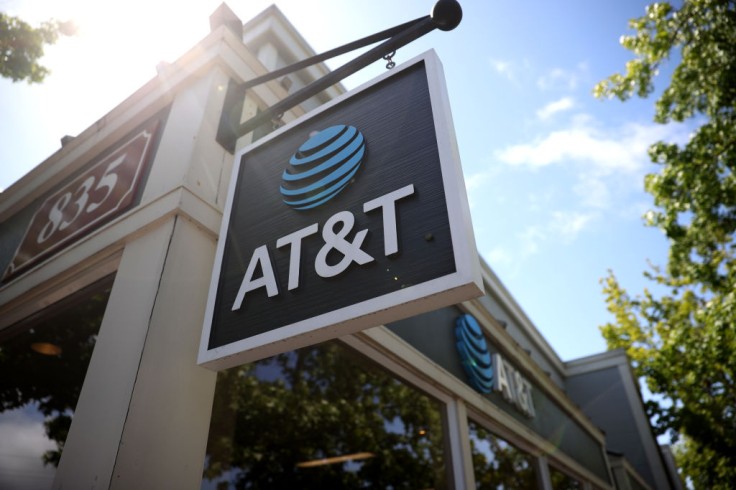AT&T will soon get the advanced texting features Google's RCS platform is offering.
Google Senior Vice President Hiroshi Lockheimer recently announced that AT&T would soon have its RCS platform as its default Android messaging system to grant its subscribers access to the latest RCS features instantly.
AT&T, alongside Verizon, had switched all its Android phones on its network to Google's Android Messages app for SMS and RCS services in 2021, per CNET. T-Mobile was the first to switch to Google's RCS messaging platform, per Android Police.

AT&T Messaging Platform Switch Details
Lockheimer mentioned in his announcement on Twitter that Google is working with AT&T to accelerate the adoption of the RCS standard in the mobile phone industry. As a result. AT&T will make the Jibe platform its default Android messaging system, allowing Android subscribers to instantly get the latest RCS features on their phones.
These features include adding emojis to replies, more accessible voice messages, watching YouTube videos within the Messages app, and responding to an individual message in a conversation, per Google.
AT&T used its messaging system for its subscribers to use, per 9to5Google. However, they complained about this setup due to their experiencing issues with sending and receiving messages to and from other subscribers.
The Jibe platform, which Google bought in 2019, lets carriers "easily launch and manage RCS services with Google-hosted infrastructure" instead of hosting it on their servers. It also offers the "Jibe Hub" to allow interoperability between third-party RCS networks.
Google bought the Jibe platform to start its efforts at RCS multinetwork support.
What Is RCS Messaging?
RCS messaging, or Rich Communication Services, is a messaging protocol meant to replace SMS messaging; it offers the ability to send and receive high-quality photos and videos without switching to a different protocol. It also allows users to see real-time typing indicators and read receipts, name group conversations, remove contacts from group chats, and text over Wi-Fi.
More importantly, RCS messaging can be encrypted while SMS can't, preventing hackers and cybercriminals from seeing and reading a user's SMS messages when their phones are compromised.
Lockheimer mentioned that more than 800 million people are using RCS messaging to message their friends and loved ones; he expects that number to hit one billion before 2023 ends. However, Google previously pointed out that Apple is the only mobile phone industry not to adopt RCS messaging for its devices despite these features.
You may recall that Apple CEO Tim Cook told an attendee that if he wanted to have seamless messaging between an Android phone and an iPhone when chatting with his mom, he must "buy [his] mom an iPhone."
This refusal to adopt RCS could be due to the company's wish to keep its iMessage service unique, as doing so would bring many iMessage-like features to cross-platform communication between iPhone and Android devices. Regardless, Apple is in no hurry to adopt the messaging standard.
Related Article : AT&T Raises Concerns Over SpaceX-T-Mobile Partnership Deal









